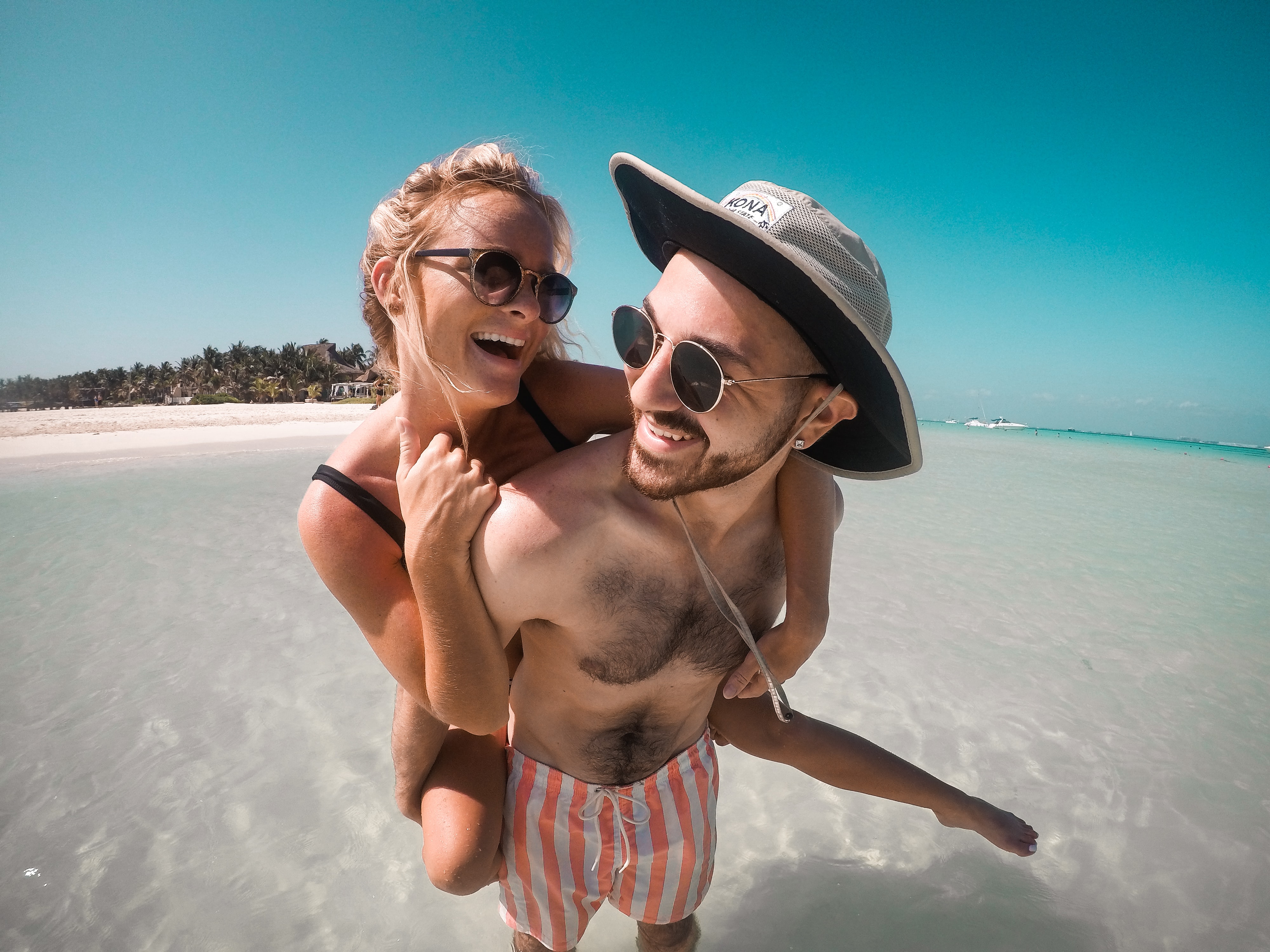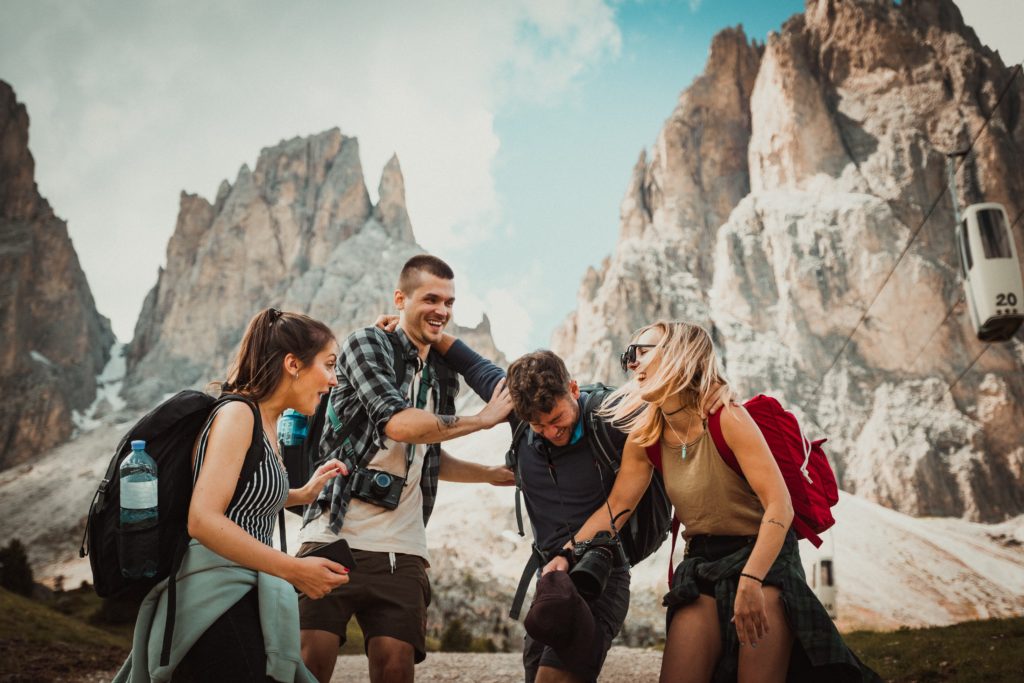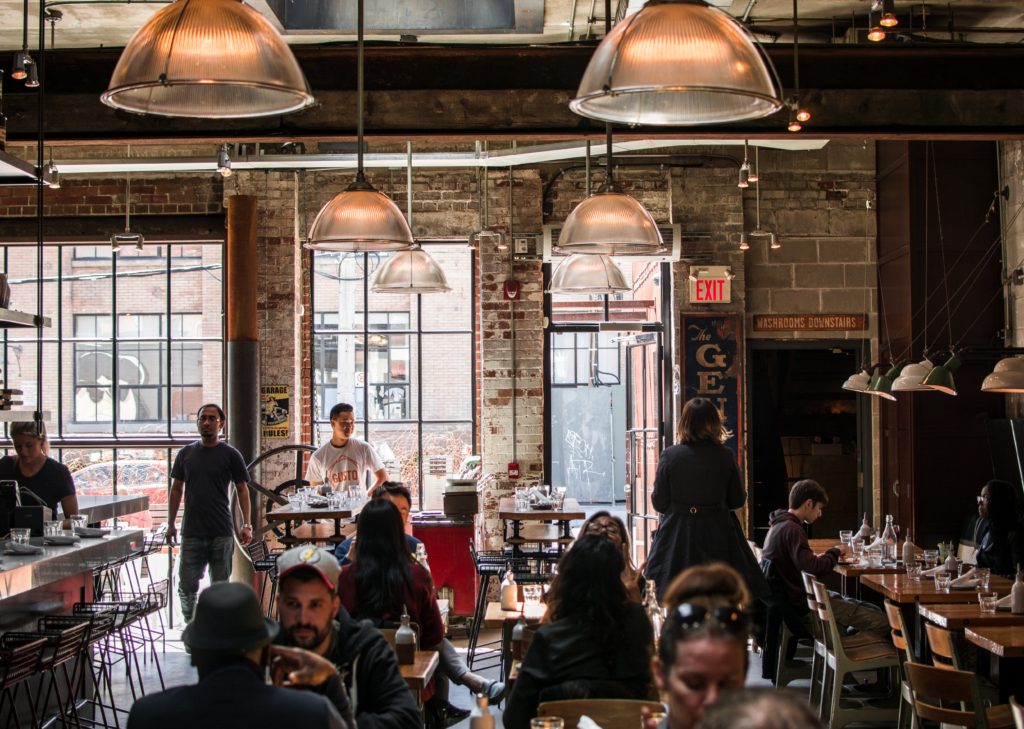Your cart is currently empty!

We live in a time where you can pull out your phone or open your computer and reach out to hundreds, thousands, or even millions of people. Social media platforms like TikTok, Instagram, Snapchat, and Twitter give us a chance to connect with friends and family. These platforms serve as an outlet for our creativity and can give us a sense of community and belonging.
However, these same platforms can also contribute to our anxieties, make us feel as if our lives aren’t as exciting or as perfect as others, or make us feel more alone than before.
As social media continues to embed itself into more aspects of our lives, there are a few things I think you should keep in mind to help you maintain a healthy and mindful lifestyle both online and off.
The things you see online aren’t necessarily an accurate representation
It’s important to remember, posts and pictures you see online are a single snapshot, they don’t often capture the full picture. You might see pictures of your friends on vacation, or your favorite celebrities at a glamorous event. But what you don’t usually see are the countless other pictures taken and deleted before that one snapshot is taken.
You also miss the touch-ups or alterations made to cover up the blemishes or anything someone does not want to show. While these changes may seem small, they can often cause a distortion in our own self-image. This causes us to compare ourselves to unrealistic depictions or to reach for unobtainable goals and standards.

It’s easy to feel envious of all of the smiling selfies, humblebrags about accomplishments, and picture-perfect vacation photos. Social media can easily convince us that we might be falling short compared to our peers.
This excellent Twitter thread shows just how deceptive our pictures and posts can be. The overwhelming number of responses is a great reminder that a person’s actual life doesn’t resemble what you see online.
It’s better to have few strong, close friendships and relationships than tons of shallow ones
It’s easy to surround yourself with hundreds or thousands of “friends” online. You might feel like your self-worth or self-esteem is tied to the number of likes, followers, retweets, or comments you get on a post.
However, you’ll often feel better if you surround yourself with strong, deeper, close relationships. There’s a big difference between knowing a lot of people, and being friends with them.
A great story from Emma Patte talks about why we need close friends. Intimate relationships (yes, friendships are a form of relationships) have a drastic impact on body, mind, heart, and how we deal with emotional distress.
Television shows like FRIENDS and How I Met Your Mother might make you think that close friendships fall into one of a few tropes. Including, “The one you’d call in the middle of the night” or “that would be there for you regardless of the reason.” “The one you can share anything with” or “the one who would take a bullet for you.” Close friendships don’t need to be so extreme, being able to fully be yourself and be seen by others is a major key to creating an intimate relationship.

We might seek out relationships where reciprocation of feelings makes us feel close to one another. But those people we know on Facebook or Instagram that like or comment on our posts don’t necessarily give us the intimacy we desire. In these relationships there typically no give and take, we don’t always fully see and understand each other.
Don’t be afraid to take a step back from your online profiles
In the past few years, we’ve seen a number of celebrities and every-day people taking breaks from social media.
From Tom Holland and Channing Tatum, to Ariana Grande and Kim Kardashian, an increasing number of big-name celebrities have stepped back from social media in one way or another to focus on their personal well-being.
So when even the biggest celebrities need to de-stress and detox from social media. You shouldn’t feel bad if you find yourself needing to take a break too. Breaks from social media don’t need to exclusively occur when you’re feeling vulnerable or anxious, or in a period of crisis or transition.
Taking a step back on a regular basis is a healthy practice we can all follow. Shutting off the noise generated by social media can be a great way to set a boundary for yourself. It can also help you focus your energy on your own personal goals. Rather than thinking about who viewed your latest post or what the comments say.

Stepping away from our online relationships can help us reconnect and upgrade them to real-life interactions. Whether you meet for coffee, go for a walk, or simply make a phone call. You could plan a fun night out with some of those friends you’ve been DMing, or take a day to recharge with some self-care.
Social media isn’t leaving anytime soon. So it’s important you know how to deal with your issues offline. Be able to set goals and work on yourself, learn to equip yourself with the necessary tools to help you stay healthy. Then when you decide to log back in or re-download that app, you’ll be more mindful of social media.



